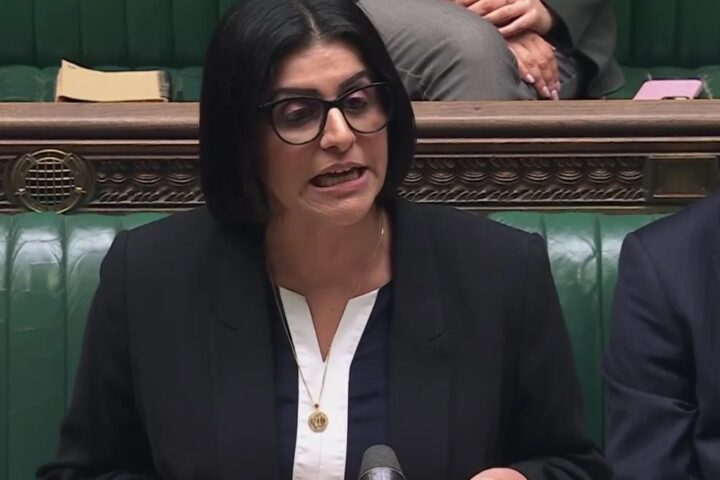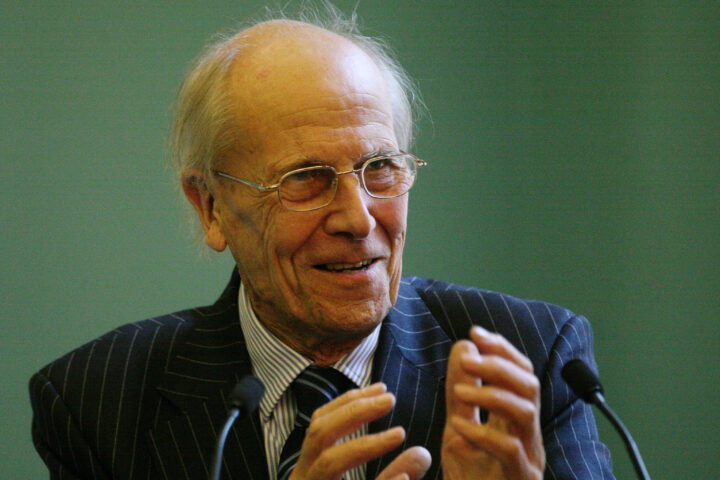Russia’s State Duma has moved a step closer to criminalizing online searches for so-called “extremist materials” — even when done via VPNs — in what rights advocates call another leap toward digital authoritarianism. On July 16, the Duma’s Committee on State Building and Legislation recommended approving new amendments to the country’s administrative code, which will introduce financial penalties for merely searching for blacklisted online content, not just sharing or storing it.
The proposed new Article 13.53 of the Code of Administrative Offenses would fine individuals up to 5,000 rubles (about $60) for deliberately seeking access to materials listed as extremist, including through technical tools like VPNs or mirror sites — services that have become common among Russians attempting to bypass widespread internet censorship.
The measures, which could soon pass their second reading, mark an unprecedented move to penalize users not for actions, but for search intent — a shift critics say borders on pre-criminalization of thought.
SIM card sharing, VPN promotion also targeted
In parallel, lawmakers also backed sweeping changes to Article 13.29.1 of the administrative code. These would impose heavy fines — up to 50,000 rubles for individuals and up to 200,000 rubles for legal entities — for transferring a SIM card to another person in violation of Russian telecom regulations. That change, authorities argue, is meant to crack down on anonymous mobile use and “untraceable” communications.
Additionally, advertising tools to bypass internet blocks, such as VPN services, could soon become a punishable offense. Individuals promoting circumvention tools could face fines of up to 80,000 rubles, while companies would face up to 500,000 rubles in penalties — potentially chilling the digital privacy industry in Russia altogether.
Even Ekaterina Mizulina, head of the pro-Kremlin Safe Internet League and a longtime advocate for online surveillance, admitted that the new rules would make it impossible for her team to continue flagging extremist content, since they would themselves risk liability for accessing it. “We won’t be able to submit complaints without risking prosecution,” she said.
From censorship to full-spectrum digital control
This is not an isolated initiative. Rather, it’s part of a systematic tightening of the Kremlin’s grip over the digital sphere. The Russian government has already banned global platforms like Facebook and Instagram, labeling parent company Meta an “extremist organization” — a classification that places it on the same legal footing as jihadist groups, despite its global mainstream use.
With each step, Moscow edges closer to a closed, fully surveilled internet environment, often dubbed the “CheburoNet” — a sovereign Russian network modeled after China’s Great Firewall. The result is a system where private search queries, app usage, and even SIM ownership can trigger state scrutiny or punishment.
Analysts warn that such laws don’t just suppress dissent — they also pose a danger to researchers, historians, and journalists. Accessing historical materials related to World War II or controversial topics like Soviet-Nazi relations may now fall under the net of “extremist content,” putting legitimate academic activity at risk.
Building a surveillance state behind closed doors
The timing of these legislative pushes is notable. As Russians grapple with war-driven inflation, partial mobilization, and political repression, the Kremlin is quietly reinforcing its domestic control architecture. Human rights groups argue that these developments form the legal scaffolding of a digital surveillance state — one where the FSB can trace every move, search, and click of the average citizen.
“Even before someone speaks, the system will know what they were thinking,” said one legal observer, describing a climate in which freedom of expression is being preemptively extinguished.
The irony, critics say, is that even the architects of the crackdown — including pro-Kremlin activists and cultural elites — now risk falling afoul of the very machinery they helped build. As the list of banned materials expands daily, what is permissible in the morning may be prohibited by night.
The result is not just fear — it is the internalization of silence. In a state where every internet user becomes a potential suspect, self-censorship replaces discourse, and compliance replaces participation.
A return to isolation, dressed in digital code
Many in Russia’s civil society see these measures as part of a broader rollback to Soviet-style governance — only this time coded in algorithms, not ideology. The dismantling of independent media, followed by the criminalization of online speech, and now, the penalization of digital curiosity itself, suggests a long-term plan: to control not only what Russians say, but what they can even think to look for.
As the state tightens control over information, critics warn that economic repression and scarcity will follow. “First they took away words, now they take away thoughts,” said one opposition figure online. “Soon they’ll take away bread — and hand it out by passport.”














